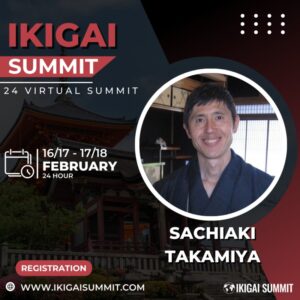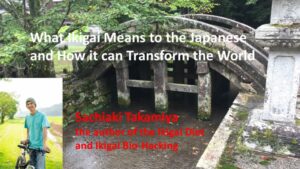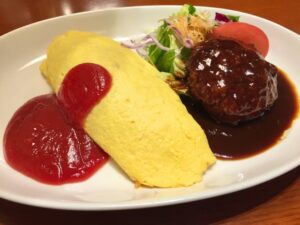Washoku vs. Japanese Food
Get the Japanese Superfood List

I’ll be speaking at Ikigai Summit on February 17th at 11 am Japan time. I’ll be speaking about Ikigai Bio-Hacking.
The talk will be 30 minutes followed by 15 minutes of Q&A.
What does Washoku mean?
It means Japanese food, but recently there are so many different kinds of dishes in Japan, and not all of them are considered to be Washoku.
Ramen, for example, is a popular Japanese dish now but it isn’t Washoku.
A more correct definition of Washoku is traditional Japanese food.
Washoku has been registered as a UNESCO Intangible Cultural Heritage of Humanity, for the following characteristics.
1, Diversity and freshness of ingredients, and respect for their inherent flavors.
2, An exceptionally well-balanced and healthy diet.
3, An expression of natural beauty and the changing seasons.
4, Close links with annual events.
An expression of natural beauty and the changing seasons is related to what I talked about in this post.
Celebrating Risshun, the First Day of Spring and Snow Moon: The Shindofuji lifestyle
We don’t eat anything on Risshun, but we do on Setsubun,
and there are many other seasonal dishes throughout the year.
When you travel to Japan, a lot of dishes you come across are not part of Washoku, so you need to be careful.
Gyudon, a beef bowl is another example of a popular Japanese dish that is not Washoku.
It is Yoshoku.
Oh, that raises another question. What is Yoshoku?
I’ll talk about it in the next post.


